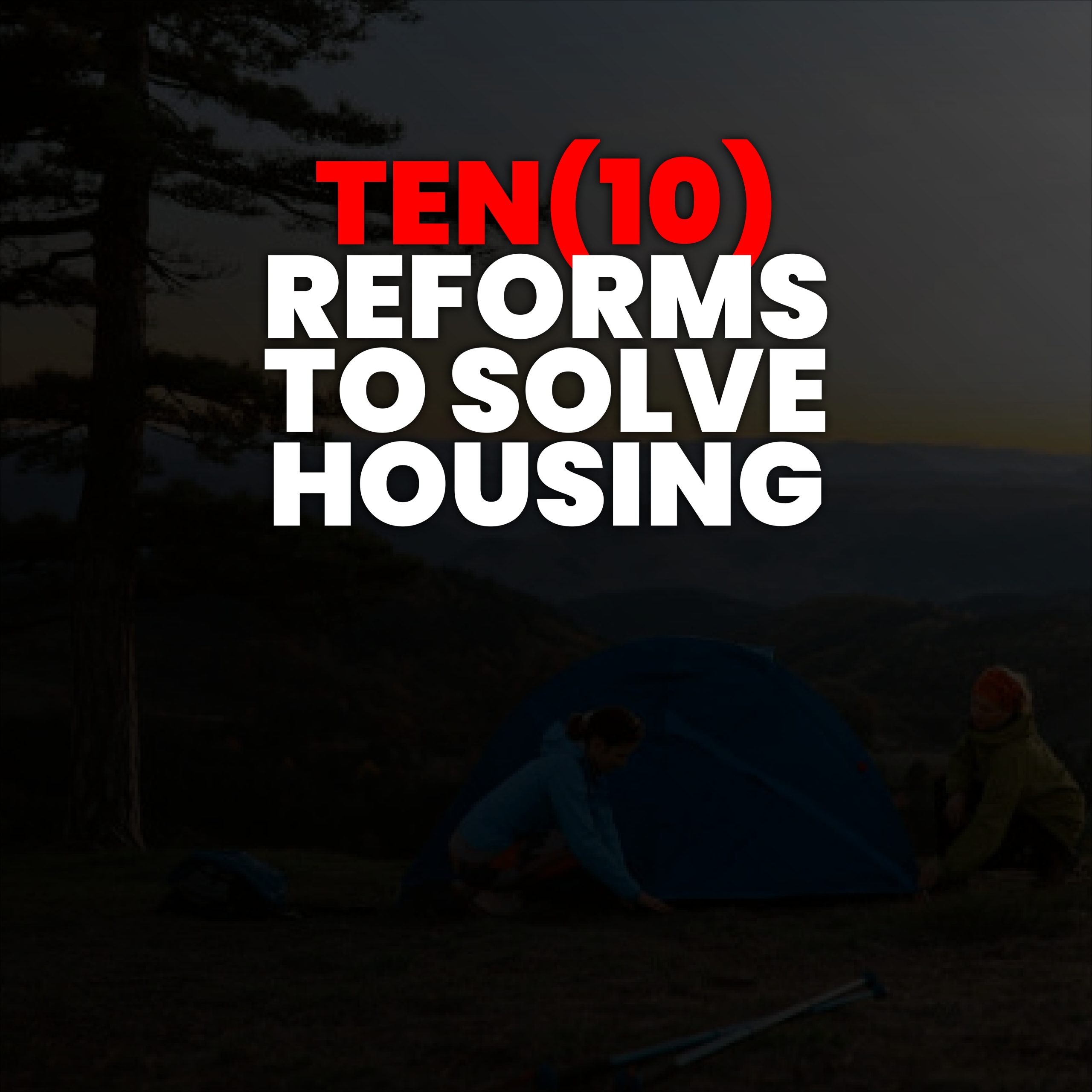Introduction
The struggle for adequate housing in South Africa has become a powerful symbol of government failure. More than five million people live in informal settlements, often without reliable services or protection from floods. Amnesty International’s report Flooded and Forgotten exposes how this failure violates human rights and fuels inequality. Poor planning, weak budgeting, and limited participation leave residents trapped between poverty and climate risk. This article explores 10 essential reforms that can transform the housing system—moving from crisis management to sustainable, inclusive development. Real reform is possible when political will meets practical action.
Government Failure in Urban Planning and Land Allocation
Urban growth continues, but planning lags far behind. government failure lies in allocating prime land to commercial projects while pushing low-income housing to the outskirts. This creates long commutes, job losses, and rising transport costs. To fix it, cities must adopt inclusive zoning that reserves central plots for mixed-income housing. Land audits should identify underused public land near transit hubs for affordable projects. Transparent land allocation ensures equitable access and reduces informal sprawl. Planning for all citizens, not just investors, is the foundation of social justice.
Government Failure on Affordable Housing Supply
Demand for housing far exceeds supply, yet projects stall year after year. government failure stems from slow approvals, complex tenders, and poor coordination between national and municipal agencies. The solution is a streamlined housing pipeline with clear delivery targets. Modular housing and community-led construction can cut costs and speed up delivery. Incentives for private developers to include affordable units in new projects also expand access. Supply gaps will persist until the system rewards performance, not paperwork.
Government Failure to Integrate Informal Settlements
Ignoring informal settlements doesn’t make them disappear—it multiplies risk. government failure is treating them as temporary, even when they’ve existed for decades. Integration starts with recognition: mapping every settlement and providing addresses for basic services. In-situ upgrading, not forced relocation, should guide policy. Add roads, water, electricity, and sanitation first; land tenure can follow. Integration helps families access schools, clinics, and jobs while improving tax collection and urban data. Inclusive cities are safer cities.
Government Failure in Infrastructure Maintenance
Broken pipes, blocked drains, and eroded roads reflect deep neglect. government failure is allowing infrastructure to decay faster than it’s repaired. Preventive maintenance must replace emergency patching. Municipalities should set clear service benchmarks—how often drains are cleaned or pumps checked—and publish progress reports. Using local labor for maintenance creates jobs and accountability. Smart sensors can monitor leaks and blockages before they cause damage. Infrastructure upkeep is invisible when it works, but catastrophic when ignored.
Government Failure to Address Climate Resilience
Climate change is a housing issue. government failure is designing homes and roads for yesterday’s weather, not tomorrow’s storms. Settlements need raised foundations, proper drainage, and materials that resist heat and water damage. Urban green zones, permeable pavements, and rainwater harvesting reduce flood pressure. Every housing project should include a climate-risk audit and adaptation plan. Resilient design saves money over time and protects lives when disasters strike. Without climate foresight, every storm resets progress.
Government Failure on Community Involvement
Decisions made without residents rarely succeed. government failure is top-down policy that ignores local voices. True participation means residents shape priorities, budgets, and timelines. Community planning forums can co-design infrastructure upgrades and monitor contractors. When people see real input turn into results, trust grows. Participation is not charity—it’s efficiency, because solutions fit local conditions. A co-created city is more resilient and better maintained.
Government Failure in Financial Governance
Billions of rand are budgeted for housing each year, yet delivery remains slow. government failure occurs when funds vanish in red tape, underspending, or corruption. Reforms must tighten procurement rules, shorten payment cycles, and publish spending dashboards. Independent audits and public scorecards create accountability. Redirecting waste toward infrastructure upgrades could close the housing gap faster. Fiscal transparency is the backbone of trust between government and citizens.
Government Failure on Health and Safety in Settlements
Unsafe housing exposes families to disease, fire, and injury. government failure is ignoring the link between shelter quality and health. Raised toilets, proper drainage, and pest control prevent outbreaks after floods. Firebreaks, hydrants, and accessible lanes reduce emergencies. Clinics near settlements ensure rapid response and vaccination coverage. A healthy settlement is productive, stable, and safer for all. Health-focused housing is a public investment, not a social expense.
Government Failure to Use Data for Decision-Making
Modern governance runs on data, yet many housing departments rely on outdated records. government failure is planning in the dark. A national housing data hub can track unit delivery, land use, and population movement in real time. Drones, satellite maps, and mobile surveys should update settlement maps annually. Data must inform budgets and disaster-preparedness plans. When information flows freely, delays shrink and accountability grows. Facts, not politics, should shape the housing agenda.
Government Failure on Accountability and Performance
Citizens lose faith when promises repeat but outcomes don’t. government failure is a culture without consequences. Every housing project should have public milestones, delivery deadlines, and responsible officers listed. Civil society watchdogs and media must have access to performance data. Rewards for excellence and penalties for negligence can change behavior. Accountability is not about blame—it’s about results. When officials know their work is visible, performance improves.
FAQs
What causes government failure in housing?
Poor planning, weak budgeting, corruption, and lack of public participation combine to stall housing delivery.
How does climate change expose government failure?
Floods and heatwaves reveal weak infrastructure, unsafe housing, and outdated designs not built for new weather extremes.
Can reforms fix long-standing government failure?
Yes. With transparency, data-driven planning, and active citizen engagement, housing policy can deliver lasting change.
Conclusion
South Africa’s housing crisis is more than a construction backlog—it’s a governance test. government failure across planning, budgeting, and climate readiness keeps millions in unsafe homes. Yet reform is within reach. By adopting inclusive zoning, transparent budgets, resilient design, and strong accountability, leaders can rebuild trust and cities alike. Housing is not a favor; it’s a constitutional right. When citizens see real progress on the ground, faith in democracy deepens. The time to fixis now, before the next storm hits and history repeats itself.




